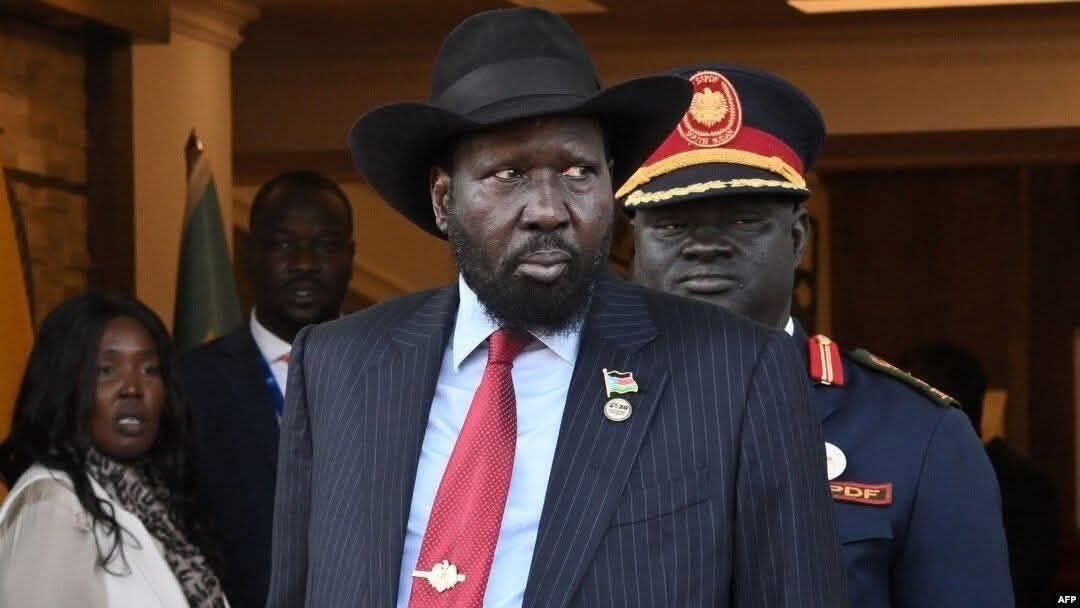Public Reactions to President Kiir's Appointment of His Daughter as Envoy
BR
Introduction to the Appointment
Recently, President Salva Kiir of South Sudan appointed his daughter as an envoy, a decision that has sparked a wide range of public reactions. This move has stirred discussions both within the country and internationally, as it raises questions about political nepotism and the role of family in governance.

Public Outcry and Concerns
The appointment has been met with significant criticism from various sectors of society. Critics argue that this decision reflects a pattern of nepotism within the government, potentially undermining merit-based appointments. Many citizens express concerns that such practices could impede the development and professionalism of South Sudan's diplomatic corps.
Social media platforms have become a hotbed for debate, with many users voicing their discontent. Some citizens feel that this appointment is a misuse of power, questioning whether the president's daughter possesses the necessary experience and qualifications for the role.
Support for the President's Decision
Despite the backlash, there are those who defend President Kiir's decision, suggesting that family appointments can bring a unique level of trust and loyalty to sensitive positions. Supporters argue that the president's daughter may bring fresh perspectives and energy to the role, potentially leading to positive outcomes for the country's diplomatic relations.

Furthermore, some advocates believe that focusing on her familial ties distracts from her individual capabilities and potential contributions. They emphasize the importance of evaluating her performance based on her actions and achievements in the position.
Implications for Governance
This appointment has broader implications for governance in South Sudan. It raises critical questions about transparency, accountability, and the criteria used for public appointments. Observers are concerned about the precedent this sets for future governmental roles and the potential impact on public trust in leadership.
The international community is also watching closely, as such appointments can affect perceptions of South Sudan's commitment to democratic principles and governance reforms. Diplomatic partners may view this decision as a reflection of internal politics rather than strategic diplomacy.

Conclusion: The Way Forward
In conclusion, President Kiir's appointment of his daughter as an envoy has generated significant debate regarding political practices in South Sudan. As discussions continue, it remains crucial for the government to address public concerns and ensure that future appointments are transparent and merit-based.
Looking ahead, fostering open dialogue and involving diverse voices in decision-making processes can enhance governance and build trust among citizens. It is essential for leaders to balance familial loyalty with the broader needs and expectations of their nation.